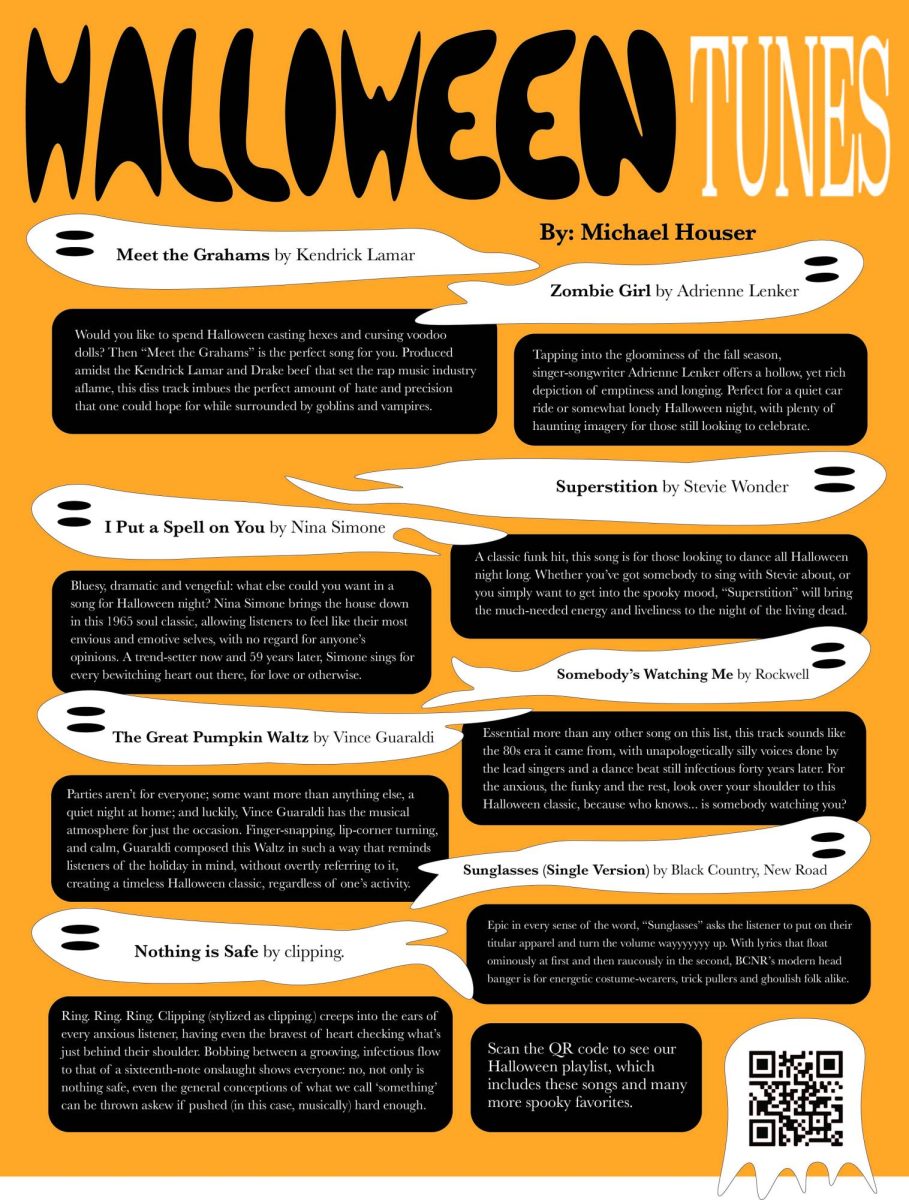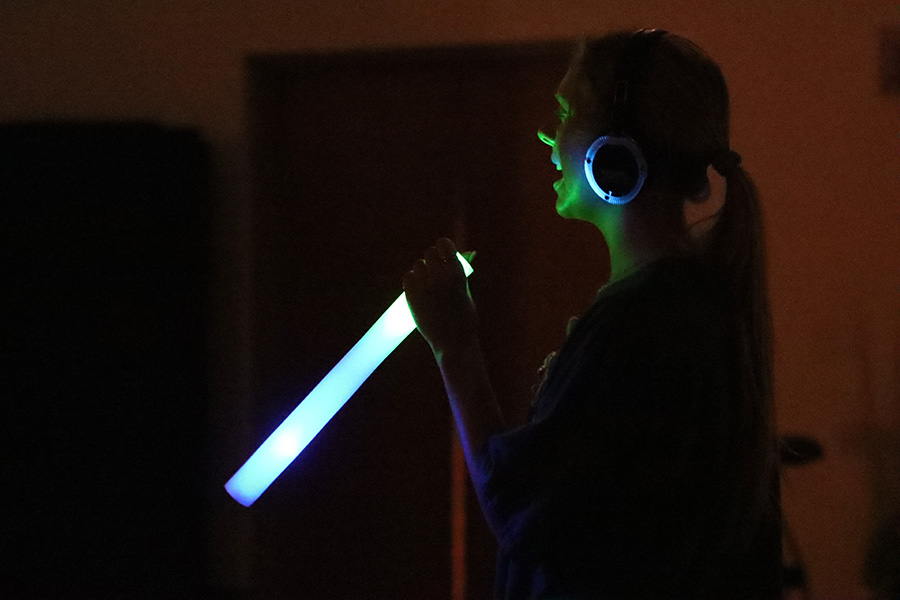Sophomore Andrew Dale is on a very strict diet.
He starts the day with a substantial breakfast, has a lunch full of complex carbohydrates such as pasta and then has a dinner that is high in protein.
One day a week he will splurge in order to keep sane.
“It is just the healthiest way for my body,” Dale said. “I function more efficiently, I have more energy and I feel better.”
He began these eating habits his sophomore year of high school when he needed a lot of energy to keep up with his life.
Dale was attending classes, working 35 hours a week and playing sports.
Dale said his diet now is part of his life and occasionally his friends will give him a hard time about it.
Along with his strict diet, Dale exercises habitually. He is on the soccer team and recently has had surgery on his shoulder.
He said his eating habits have been helping him to recover.
Dale thinks it is difficult for college students to make healthy eating choices when they are forced to use the cafeteria.
“I don’t think it is the calories necessarily, it’s the second or third trips through the line,” Dale said. “I’m in a different situation because I live off campus and I can prepare my own food.”
Ruth Sarna, director of student health services, said the thing to focus on when establishing healthy eating patterns is portion control.
“Diet is a bad four-letter word,” Sarna said.
It also is important to balance out exercise with caloric intake in order for the body to burn off excess calories.
Sarna said the cafeteria offers a lot of selections, and students have to be mindful of what’s there.
Besides the hot line, there is the deli line with cold meats and cheeses.
The salad bar has an excellent selection of vegetables and even the baked potatoes can be great if one is mindful of the toppings.
Sarna said one reason it is difficult for students to eat healthily is their schedule.
Students who have 20 minutes for lunch and just have time to grab a granola bar suffer nutritionally because of their time restrictions.
“When I ask students what they ate for breakfast they say, ‘What’s that?'” Sarna said.
“Breakfast is the brain food and energy for the day. You perform sharper mentally when you have breakfast.”
Freshman Layne Anderson eats three meals a day regularly and also eats snacks throughout the day to keep her intake frequent.
She is a tennis player and has been consciously aware of her nutrition since the beginning of high school.
“I work out all the time, so it is important for me to stay fueled,” Anderson said.
Anderson said she does not eat in the cafeteria very often and instead makes food in her room.
She said one problem students face when deciding what they should eat is choosing foods for their convenience rather than their nutritional value.
Anderson said healthy eating habits have helped keep her energy level high and improved her performance on the court.
“I like to take care of my body and keep it healthy,” she said.







